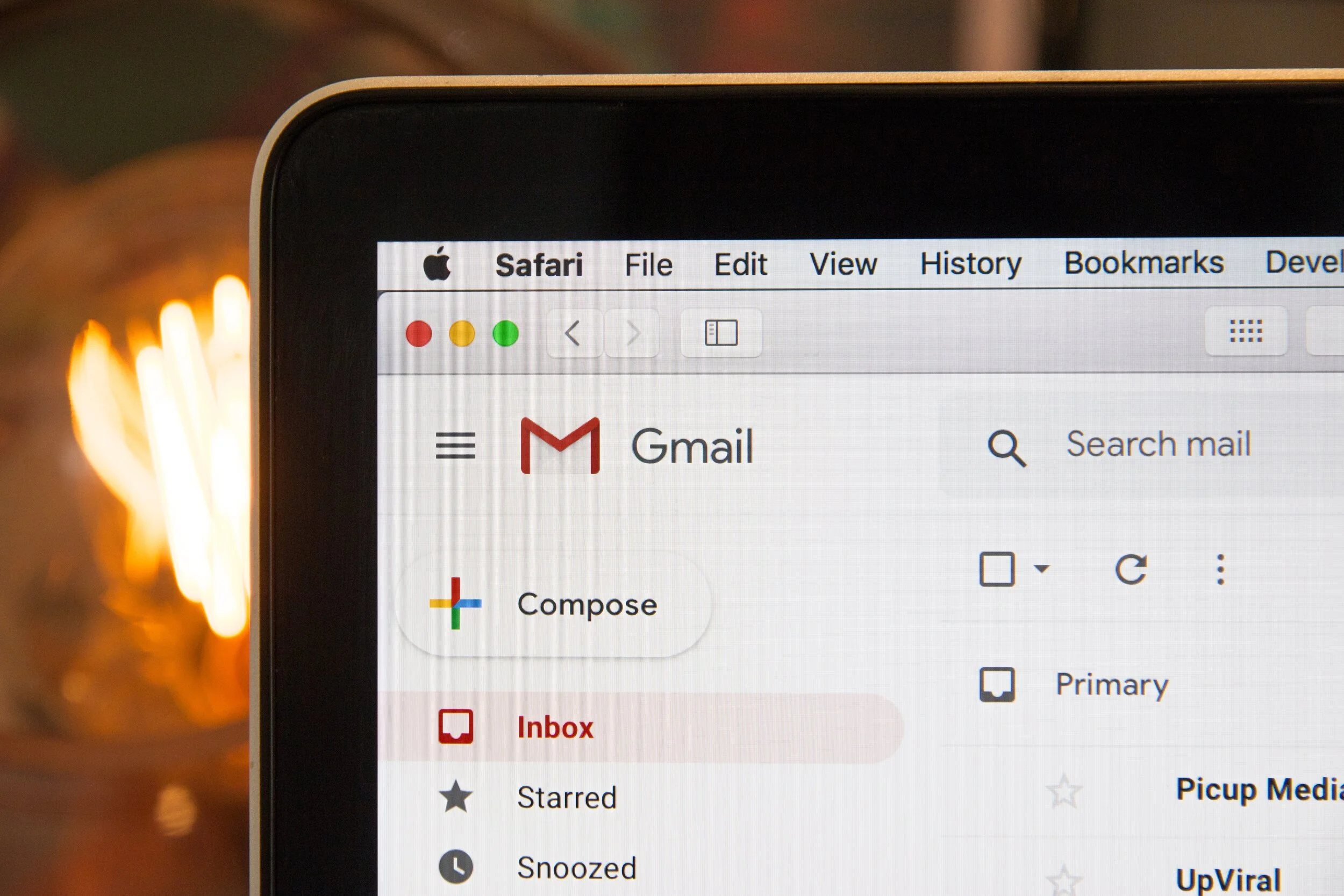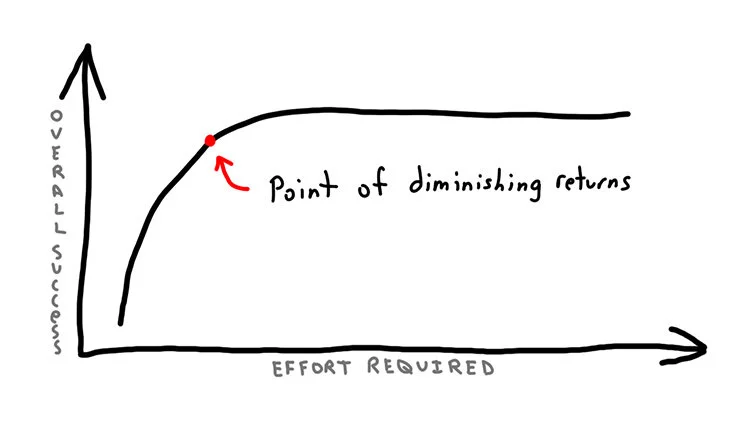
Blog
The Surprising Way To Keep Your Employees Engaged
You’ve likely heard the shocking statistic that only 34% of employees feel engaged at work. That’s bad news for employers, because employee engagement–or lack thereof–is a key indicator of performance, from productivity and absenteeism to high turnover.
Fortunately, research also points to key ways to improve employee engagement, including giving employees the opportunity to share their experiences at, and perspectives on, their workplace.
We shared last week how important listening to your employees is for keeping them engaged. You’ve chosen an employee data tool and designed your research in a way that helps you understand the experiences of your employees, uncover pain points that might be impacting their job satisfaction, or evaluate if new processes you recently rolled out are having the intended impact. Your questions were specific, relevant, and actionable. You’ve analyzed the survey results and identified key themes from focus group discussions or in-depth interviews.
Now what?
Do You Know What Your Employees REALLY Think About Their Job?
This month we’re bringing you some valuable insight from our resident data officer, Nicole Steward-Streng. She’s talking all about how to collect employee data that you can actually use–and how to use actionable employee data to help your team do their best work and thrive. If you have questions about anything and everything data-related, shoot Nicole an email at nicole@matchpace.net!
Our employees are the heart of our organizations. They execute on our processes and strategies. They design and develop our products. And they serve on the frontline interacting with our customers and clients. Listening to them helps us understand what they need to do their jobs more effectively. They are, in turn, better able to serve our clients and improve the customer experience.
We all agree on the importance of employee feedback, but how we collect it and what we do with that information matters. We’re going to share some best practices on how to determine what exactly you want to know from your employees and how to effectively collect that data. Then, stay tuned for our next blog where we’ll let you in on how organizations can actually use that data to inform business decisions. It’s time to stop letting your valuable employee data go to waste!
You're Setting Priorities All Wrong
When searching for ways to manage your time better and get more done, you’ll likely find a lot of talk about priorities. We’ve given our fair share of advice on how to set your priorities and use them to help you focus. But what if we’ve completely misunderstood the concept of priorities, or more accurately, priority?
In fact, the word “priorities” itself is a misnomer. Consider how the Oxford and Webster dictionaries define the word:
The fact or condition of being regarded or treated as more important than others.
Something given or meriting attention before competing alternatives.
But these aren’t actually the definitions for the word priorities–the real word is simply priority, singular. And that tiny change makes a big difference.
You can’t actually have more than one priority. Which means when it comes to setting priorities at work, you have to pick just one - what we often refer to as our “top priority.” Instead of a long to-do list of dozens of priorities, if you want to priority-set correctly, your list should be short: just one most important thing.
Make Sure You Actually Unplug While You're On Vacation
Summer is in full swing! Have you set some time aside to rest? Whether you’re heading out on a quick vacation or have the opportunity for a longer sabbatical, it can be difficult to “turn it off” and truly unplug, rest and recharge.
We’ve all been there: finally arriving at the long-anticipated vacation destination, ready to kick back and relax, when… “Ding!” The notifications start pouring in, and unless you’re truly off the grid, work continues to pester you and threatens to derail your vacation. And while it sounds like an easy concept, truly tuning out is far harder in practice. So how can you finally “turn it off” this summer?
Reimagining The Work Day Takes A Lot Of… Well, Work!
At MatchPace, we talk frequently about “reimagining the workday” and “optimizing your pace at work.” But what do those phrases mean? And more importantly, why do they matter?
This question is easier to answer as an individual–we all want more work-life balance, more flexibility at work, and to focus better and be more productive. It can be harder to wrap our minds around why striving after these things benefits an organization, too. Doesn’t an organization benefit the harder and longer its employees work?
Can You Hack Your Way To Wasting Less Time At Work?
Everywhere we turn, from experts on the workplace to the person in the next cubicle, everyone is talking about how to be more efficient at work. We turn to apps to help us increase productivity, we install meditation and nap rooms in our offices, and we rearrange our workspaces to try to help people work their best, all to boost productivity and prevent burnout. But can we really hack our way to wasting less time?
Not according to the research. Every one of us, despite our best efforts, is still wasting far too much time during the workday, pushing our working hours later and later and forcing us to be “always on” even when we’re supposed to be taking time off.
In fact, recent studies show that two thirds of employees spend time on social media at work, and one in five waste an hour or more on Facebook alone each day! But the issue of wasted time at work isn’t just about social media use, chatting with coworkers, or completing personal tasks during the workday. We lose productivity and waste time when people spend more time managing their work than actually doing it.
The Cost Of Overwork
While the number of hours American workers in the knowledge economy spend working each week has slowly crept up over the past century, studies show our concentration actually wanes the longer we’re at work. After four to five hours of concentrated focus, we become less efficient, taking longer to make decisions and losing sharpness.
8 Ways To Unplug And Recharge
Unplugging from work is hard enough, but what about unplugging completely? That seems nearly impossible. The pressure to be productive can be suffocating and make you feel like you need to respond to those four emails at a red light, answer that text during spin class, or even finish that level of Candy Crush before bed. This pressure, paired with the fact that in this digital age, we find comfort in constant distraction and disconnection, creates a situation where it is extremely difficult to unplug-- which makes finding ways to unplug more needed than ever.
How To Take Leisure Time
Earlier this year, we shared a review of one of our favorite books of 2019: How To Get Away: Finding Balance In Our Overworked, Overcrowded, Always-On World by Jon Staff and Pete Davis, founders of Getaway, a tiny cabin rental company. They dedicate an entire section of their manifesto to balancing work and rest, or what they frequently refer to as leisure. We were both inspired and convicted by our misunderstanding of the purpose of leisure and our inability to embrace rest for the sake of rest.
Can you relate? Days off and vacations feel forced, as if we’re supposed to squeeze in enough “down time” to recharge and be ready to hit the ground running on our first day back. It’s even harder to embrace the elusive “unplugging” on the weekends, when we’re cramming in errands, family responsibilities, and social activities. We never truly hop off the hamster wheel, and instead treat our non-working days as simply days to prepare, well, to work (if we can stop working in the first place!).
The beloved author Laura Ingalls Wilder wrote, “Life was not intended to be simply a round of work, no matter how interesting and important that work may be.” This gets straight to the heart of leisure: whether you call it rest, downtime, vacation, or leisure, this time is intended to be wholly separate from work and have value for its own sake - even if you do find your work fulfilling.
Leisure sounds like something we all want to embrace, doesn’t it? But as always, the “how” is much more difficult. There’s no point in optimizing your workday to make time for leisure if we don’t know how to make the most of our non-working hours. Maybe you feel like you just don’t have time for the luxury of hobbies, or your social life has already fallen by the wayside. Even more likely, you don’t know how to spend more than a few minutes away from your phone, and “unplugging” sends you into a spiral of anxiety. We’re here to help! Here are a few ways you can start to incorporate true leisure into your life.
Stop Burnout Before It Starts
Are you burned out? If you’re like as many as 60% of the American workforce, you probably are - or at least headed that way.
We’ve explored what burnout is, how it happens, and the warning signs of burnout, but if you’re teetering on the edge or stuck in full-on burnout mode, what can you do about it?
Unfortunately, much of the advice we found online leaves us wanting. Our workplaces are primary sources of burnout, but how many of us can simply up and quit our jobs or take an extended sabbatical? (Though if you are burned out and have the resources to take a break, we highly recommend you do so!) And, as many people who face job-related stress and burnout realize, finding a new job isn’t always the solution.
Yes, we all must take responsibility for the way our personal habits and relationships contribute to burnout. We won’t tackle tips for combating burnout in your personal life here. Instead, we want to address some of the organizational factors that contribute to employee burnout and how you as a boss, manager, or team member can influence your work environment to eliminate it.










